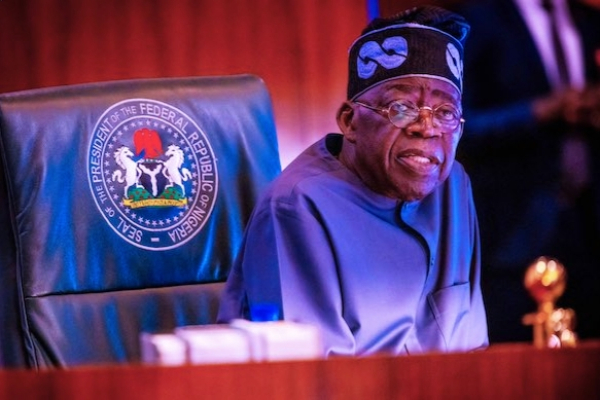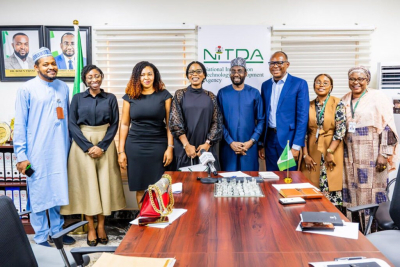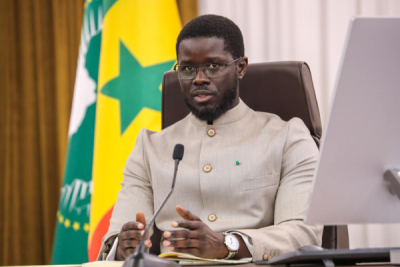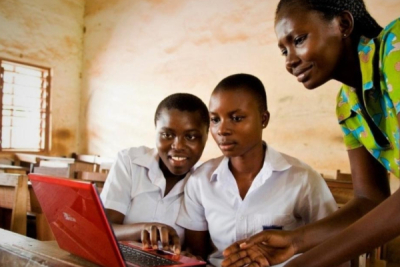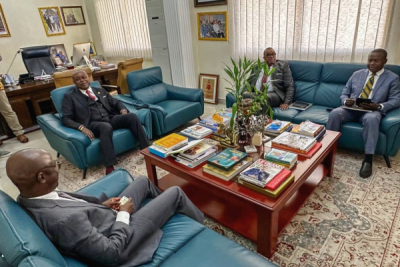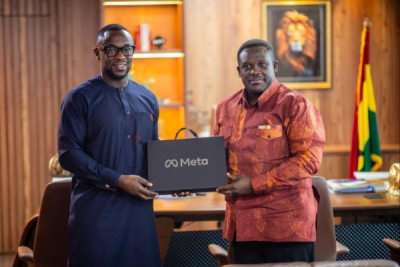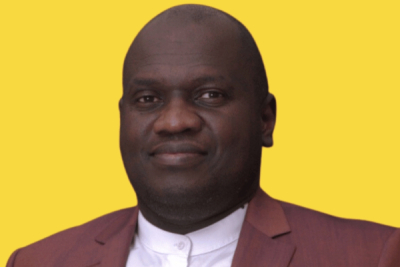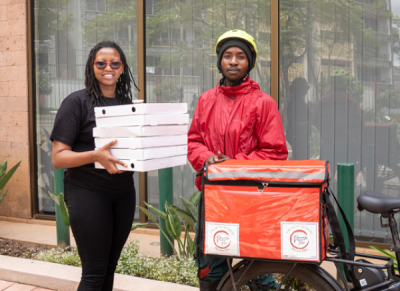By mitigating cyber threats and ensuring the integrity of digital transactions, this move demonstrates a commitment to strengthening regulatory frameworks to support the burgeoning digital economy, which is essential for driving innovation and advancing economic development across the continent.
President Bola Tinubu (pictured) has directed the Central Bank of Nigeria to pause the implementation of the controversial cybersecurity levy policy for a comprehensive review. This follows the House of Representatives' call last Thursday, May 9, to retract the directive imposing a 0.5 percent levy on electronic transactions.
The CBN circular issued on May 6, 2024, mandated financial institutions to enforce the levy under the Cybercrime (Prohibition, Prevention, etc) (Amendment) Act 2024. President Tinubu's directive urges a pause on the levy's implementation, reflecting his commitment to easing economic burdens on Nigerians amidst ongoing reforms.
The levy proposal was met with resistance from Nigerians, including the Nigeria Labour Congress (NLC). Under the leadership of President Joe Ajaero, the group argued that this imposition could worsen the economic plight of Nigerians. Ajaero emphasized the need for withdrawing the levy, highlighting broader concerns regarding its potential adverse effects on efforts to promote financial inclusion. He asserted, “We propose a joint effort between the government, regulatory bodies, and stakeholders to develop sustainable cybersecurity strategies that won’t impose an undue burden on the people.”
In the 2021 report “Taxing the digital economy in sub-Saharan Africa,” authored by Celia Becker and published by the International Bar Association, Professor H Sama Nwana, a technology and telecommunications consultant with Cenerva, highlights the adverse effects of digital taxes. He states, “Digital taxes in various forms are not only regressive, but they also disenfranchise poor and marginalized groups such as the informal sector, women, and the youth in rural areas – who need the internet the most.”
Hikmatu Bilali


